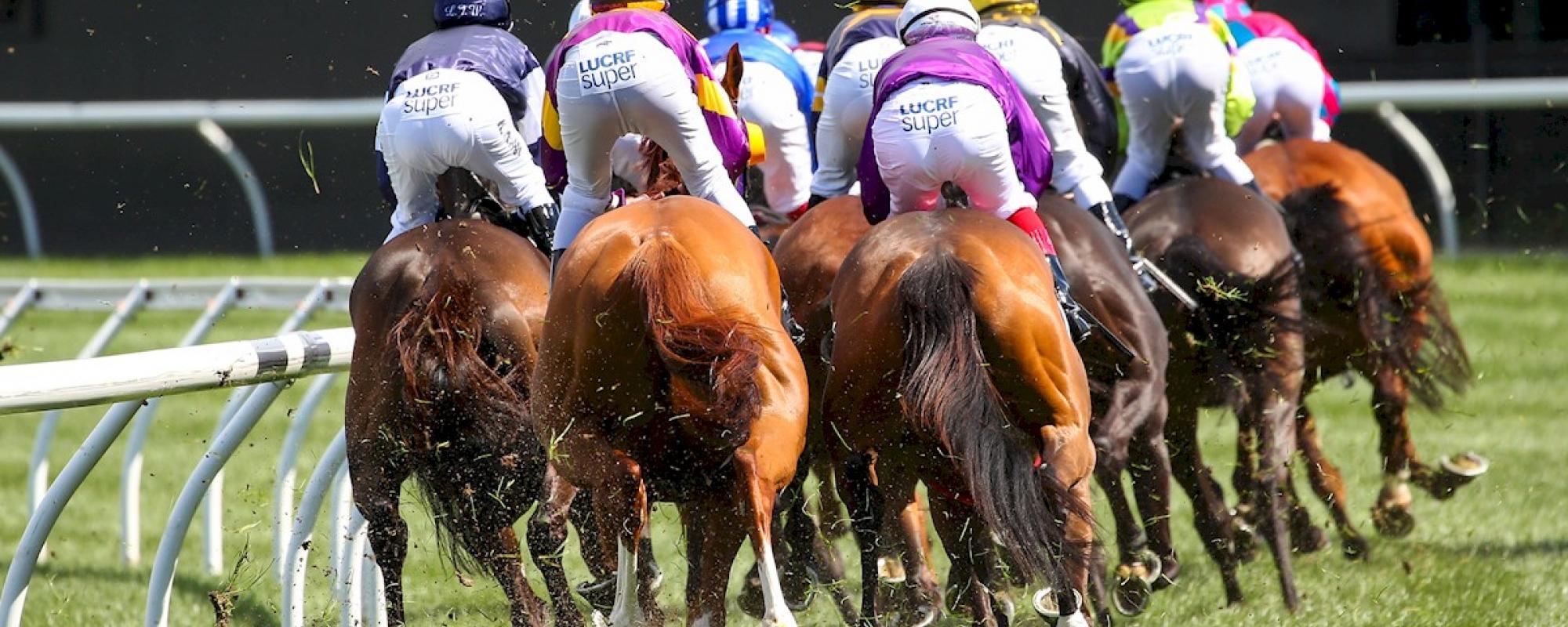Victorian owners claim that the elapse of time has meant Racing Victoria should use its discretionary powers in relation in the Aquanita case and not seek to claw back an estimated $2 million of prizemoney previously paid to owners of 81 Aquanita horses that are facing disqualification.
Thoroughbred Racehorse Owners’ Association chairman Jonathan Munz said: “Many years have elapsed and the further back in time the races in question go, the more incumbent it is on RV to exercise its discretion in favour of not clawing back money paid out and received in good faith by owners many years ago, although obviously horses owned by Aquanita trainers and principals would be treated differently.”
Numerous racehorse owners have been sent show cause notices from RV concerning the likelihood of the disqualification of 81 racehorses arising from the Aquanita doping scandal, with some of the cases going back about a decade.
Horses involved in the scandal were not automatically disqualified as would be the case for a horse with a proven positive test for a prohibited substance , as the Aquanita charges were based around “improper conduct” through race day treatment, where the decision to disqualify is at RV’s discretion.
The claw back of prizemoney for disqualified horses is always at RV’s discretion.
RV has indicated that it will use its discretion to ensure that the prizemoney that should have been awarded in the absence of the disqualified horse, will be paid to the owners of the horses beaten by any disqualified Aquanita horses.
Munz noted that, as a separate matter, RV should set a clear policy for the future on the exercising of its discretion for prizemoney claw backs for disqualified horses and suggested that in the absence of any misconduct by the relevant owner relating to the disqualification, that no claw back extend back to races beyond five years.
He said that the discretion in respect of a period less than five years be otherwise exercised based on the lapse of time since the race (more leeway for four years than for four months) and any personal circumstances or hardship of the owner.
“You have to balance the need for a deterrent to prevent someone benefiting from cheating and ensure a fair outcome against the need to ensure efficiency and commercial certainty,” he said.
Munz said that there should not however be any time limit on disqualifying a horse.
“The disqualification of a horse impacts racing’s records and history via the pattern and the stud book. You can’t have a horse that has won by cheating appearing as a Group winner as the whole system depends on ratings and the integrity of those ratings.”
Munz also noted that it was not up to RV and the Industry to be responsible for anything other than the decision to disqualify a horse and claw back and re-align prizemoney paid to disqualified horses.
“Investigations can take time and even with the best people and resources it may be a few years before a test is able to be developed to detect a banned substance in a particular frozen test sample,” he said.
“In the meantime a horse can be sold based on a race performance for which it is subsequently disqualified. Obviously, as a matter of law, any grievance someone has for over paying for a mare that has a Group race taken away following a disqualification is a private legal matter that needs to be taken up with the person that caused the problem, which is the trainer.”
Source: Andrew Eddy - Racing.com


